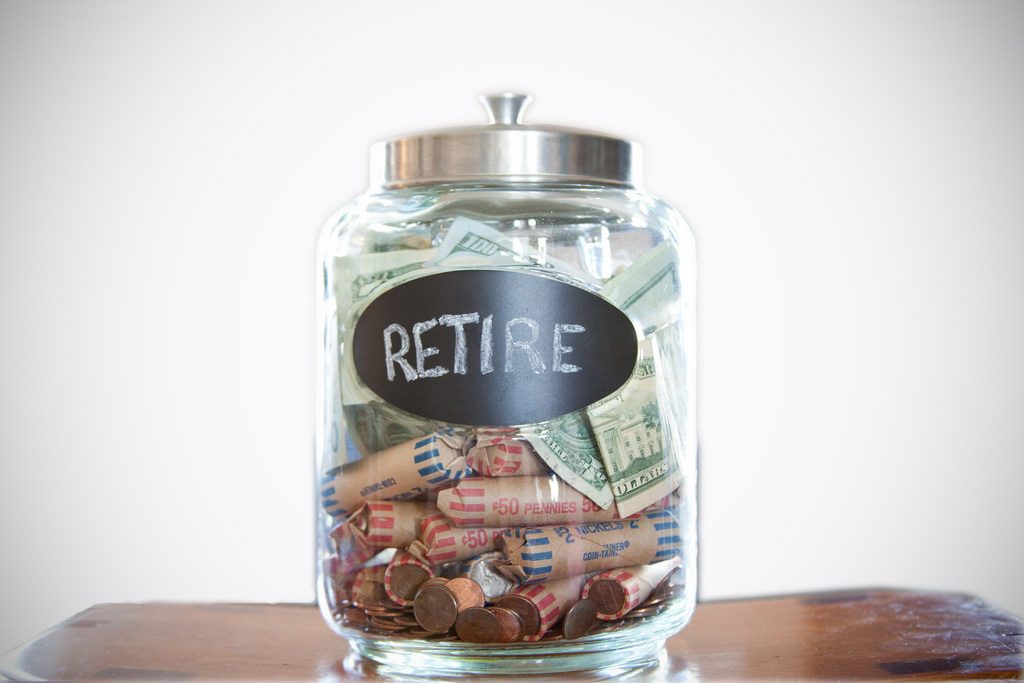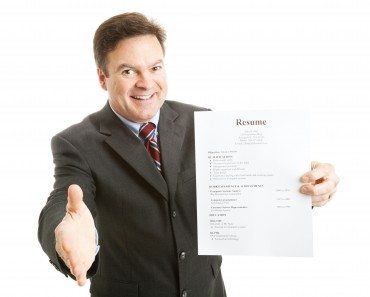16. Save Early for Retirement
Most financial planners suggest you start saving by age 25. But for the 20-something who is struggling to make rent while paying off student-loans or even finding a job, this can be easier said than done.
Nonetheless, it’s worth the investment no matter how small. And the sooner you start making it, the better.
Consider this. Starting at age 25, you invest $2,000 a year for 40 years. Assuming an 8 percent annual growth, you’ll have $560,000 in earnings at age 65. Now, say you invest the same amount for 30 years beginning at age 35. At 65, you’ll have $245,000—or less than half the earnings.

flickr.com
So if your employer offers 401(k) plans, start contributing now. If you can’t enroll in a 401(k), opt for a Roth IRA. Also, consider investing in stocks.
No matter what your age, start becoming as financially literate as possible. Read financial websites and books, speak to a financial planner, see if you’re job offers any financial-planning resources. You’ll walk away with insight that will fuel your financial wellness for the rest of your life.
17. BONUS BOOST
Here is a list of other quick ways to save money.
Bring lunch to work
Make your own cleaning products like detergent
Entertain indoors as often as possible
Skype instead of making long-distance calls
Turn off roaming and rely on Wi-Fi when traveling
Look through receipts to ensure you weren’t overcharged and keep them in case of returns
Refill printer ink instead of buying new cartridges
Vacation closer to home and travel during off-peak season
Contribute windfalls such as tax refunds or raises toward savings
Eat well and exercise to avoid paying with your health further down the road
I hope this post helped. Do you have any money-saving tips not mentioned? Please share in the comments below. And remember …

keepcalmomatic.uk

![Hyundai Reveals Prototype “Iron Man” Suits [VIDEO] Hyundai Reveals Prototype “Iron Man” Suits [VIDEO]](https://suggestive.com/wp-content/uploads/2016/05/hyundai-iron-man-suit-370x297.jpg)







